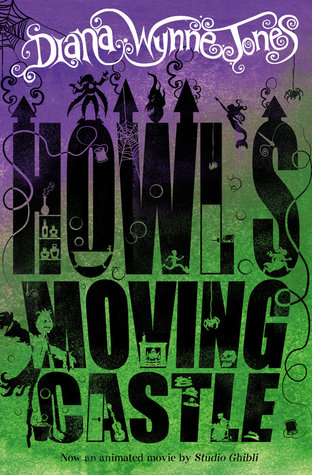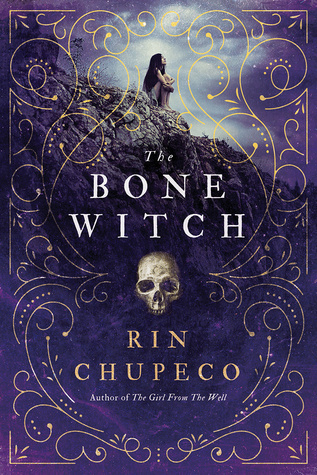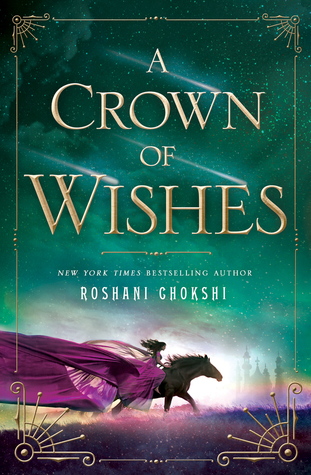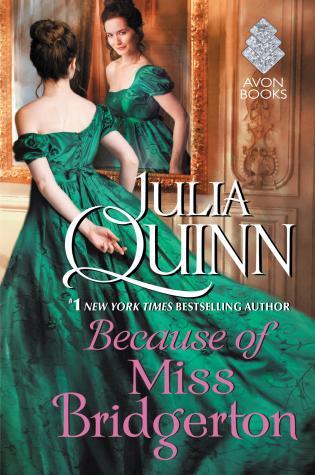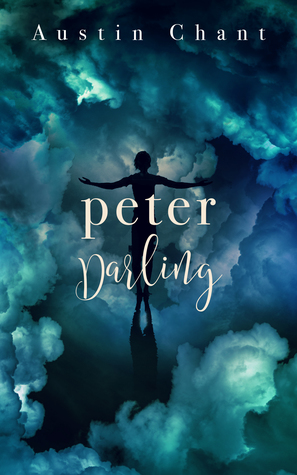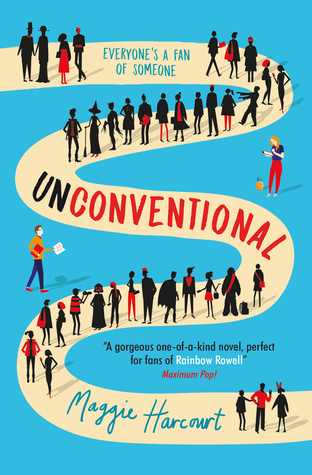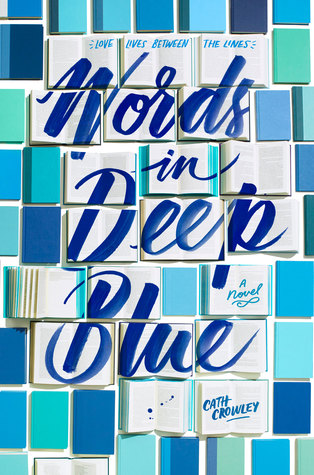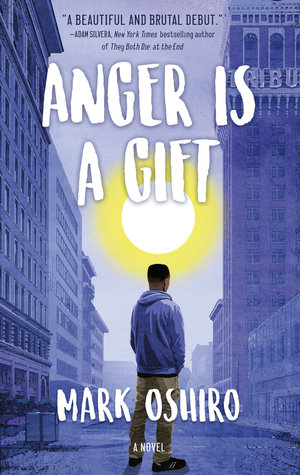To say me and classics don't tend to get along would be a bit of an understatement. About 8 times out of 10, I won't enjoy a classic (and no, I don't know why that is, it just is). So these five classics are properly good ones. (And yes, I did have to refrain from reccing 5 Jane Austen novels.)
Pride and Prejudice by Jane Austen
Rating: 5 stars
Synopsis: When Elizabeth Bennet first meets eligible bachelor Fitzwilliam Darcy, she thinks him arrogant and conceited, while he struggles to remain indifferent to her good looks and lively mind. When she later discovers that Darcy has involved himself in the troubled relationship between his friend Bingley and her beloved sister Jane, she is determined to dislike him more than ever. In the sparkling comedy of manners that follows, Jane Austen shows the folly of judging by first impressions and superbly evokes the friendships, gossip and snobberies of provincial middle-class life.
Comments: The original hate to love romance, let's be real. Pride and Prejudice is only not my favourite Austen book because Persuasion exists.
Persuasion by Jane Austen
Rating: 5 stars
Synopsis: At twenty-seven, Anne Elliot is no longer young and has few romantic prospects. Eight years earlier, she had been persuaded by her friend Lady Russell to break off her engagement to Frederick Wentworth, a handsome naval captain with neither fortune nor rank. What happens when they encounter each other again is movingly told in Jane Austen’s last completed novel. Set in the fashionable societies of Lyme Regis and Bath, Persuasion is a brilliant satire of vanity and pretension, but, above all, it is a love story tinged with the heartache of missed opportunities
Comments: My favourite Austen novel hands down. If you want a good, slowburning second chance romance, read this one!
Les Misérables by Victor Hugo
Rating: 5 stars
Synopsis: Victor Hugo’s tale of injustice, heroism and love follows the fortunes of Jean Valjean, an escaped convict determined to put his criminal past behind him. But his attempts to become a respected member of the community are constantly put under threat: by his own conscience, when, owing to a case of mistaken identity, another man is arrested in his place; and by the relentless investigations of the dogged policeman Javert. It is not simply for himself that Valjean must stay free, however, for he has sworn to protect the baby daughter of Fantine, driven to prostitution by poverty. A compelling and compassionate view of the victims of early nineteenth-century French society, Les Misérables is a novel on an epic scale, moving inexorably from the eve of the battle of Waterloo to the July Revolution of 1830.
Comments: Me and long books don't tend to get along, so the fact that I loved this book is a sign of good things in itself. Despite Victor Hugo's tendency to prevaricate (those chapters on the nunnery and the Paris sewers are really something else), this is a fairly quick read.
The Brothers Karamazov by Fyodor Dostoyevsky
Rating: 4 stars
Synopsis: The murder of brutal landowner Fyodor Karamazov changes the lives of his sons irrevocably; Mitya, the sensualist, whose bitter rivalry with his father immediately places him under suspicion for parricide; Ivan, the intellectual, whose mental tortures drive him to breakdown; the spiritual Alyosha, who tries to heal the family’s rifts; and the shadowy figure of their bastard half-brother Smerdyakov. As the ensuing investigation and trial reveal the true identity of the murderer, Dostoyevsky’s dark masterwork evokes a world where the lines between innocence and corruption, good and evil blur, and everyone’s faith in humanity is tested.
Comments: The same comments about long books as above apply also to this book, and yeah, so this one took me about 9 months to finish, but it was still really good (despite the long, long monologues. And I'm talking long. There was one point where Dostoyevsky went 9 pages without a break in the paragraph).
Tinker, Tailor, Soldier, Spy by John LeCarré
Rating: 5 stars
Content Warnings: implied torture
Synopsis: It is now beyond a doubt that a mole, implanted decades ago by Moscow Centre, has burrowed his way into the highest echelons of British Intelligence. His treachery has already blown some of its most vital operations and its best networks. It is clear that the double agent is one of its own kind. But which one? George Smiley is assigned to identify him. And once identified, the traitor must be destroyed.
Comments: Okay, so a slightly more modern one to end this - a really good slowburn mystery story. If you like historical spy mysteries, especially those set after WW2, this one is for you.









